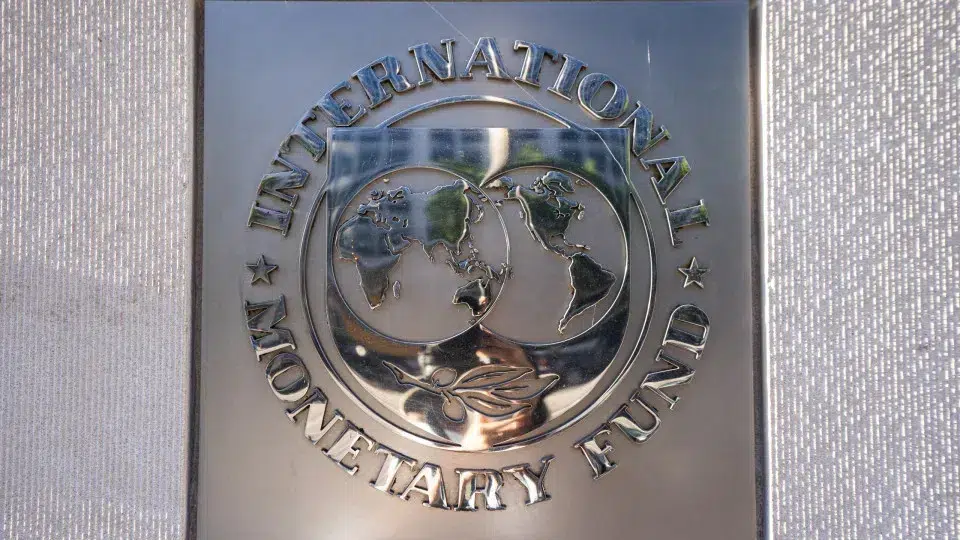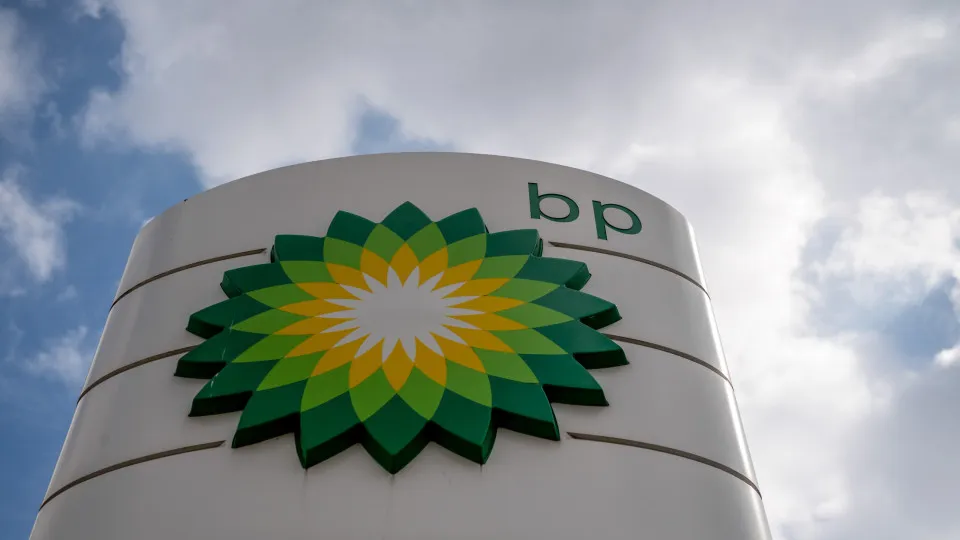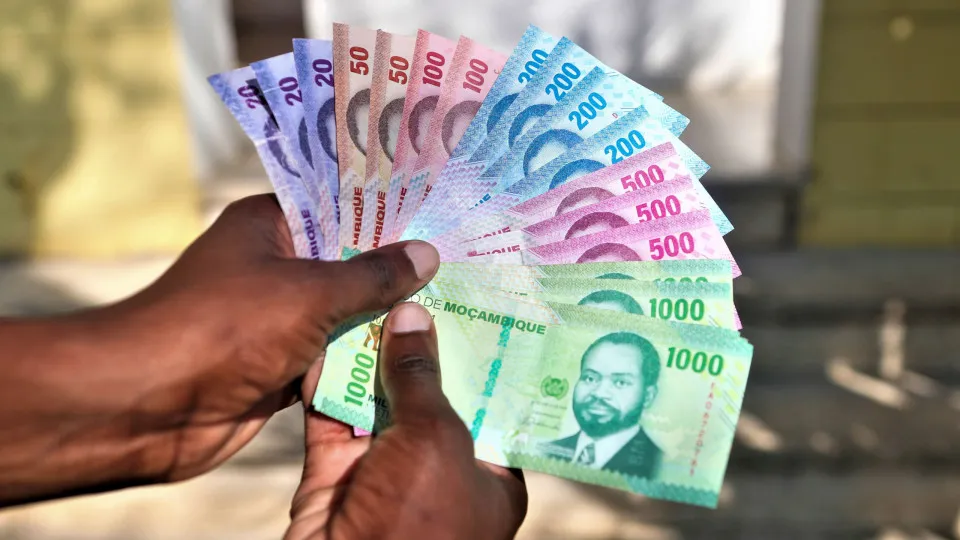
The IMF team and Cabo Verdean authorities have reached technical level agreements on the 7th review of the Extended Credit Facility (ECF) and the 3rd and 4th reviews of the Resilience and Sustainability Facility (RSF), announced IMF mission chief Martin Schindler at a press conference in Praia.
Upon approval by the IMF executive board, approximately $3.23 million (€2.81 million) will be disbursed for the ECF, while the reviews of the RSF amount to about $10.7 million (€9.31 million), he detailed.
Reforms under the RSF “are in progress, and the expected three measures for this review are anticipated to be completed,” added the official.
According to him, Cabo Verde’s economic outlook remains strong, with the IMF maintaining a growth forecast of “5.2% for this year, with inflation converging to around 2%, in line with the Eurozone average.”
“The strength of tourism could further boost growth,” he added.
Meanwhile, André Roncaglia, executive director of the fund, stated that “Cabo Verde is an exemplary demonstration of a stable society, with controlled inflation, low interest rates, fiscal surplus, and decreasing debt,” he added.
Alongside, Olavo Correia, Deputy Prime Minister in charge of Economy and Finance, promised commitment.
“We want to continue working, undertaking structural reforms so that Cabo Verde can double its economic growth potential,” he said, referring to reforms “in transportation, energy, economic diversification, and human capital.”
“We currently grow between 5% and 6%, but I think we all would like to grow at rates close to double digits, between 10% and 12%. For this to happen, we need to continue with the reformist momentum,” he concluded.
The ECF credit line was approved in June 2022, extended until December 2026, for a total of $70 million (€62 million), with periodic disbursements aligned with a program to strengthen public finances and set debt on a downward trajectory, reduce budget risks arising from public enterprises, and improve financial management.
The RSF program, approved at the end of 2023, with a total around $31 million (€29 million), also with periodic disbursements, aims to support resilience to climate change by attracting foreign investment and governmental reforms.




